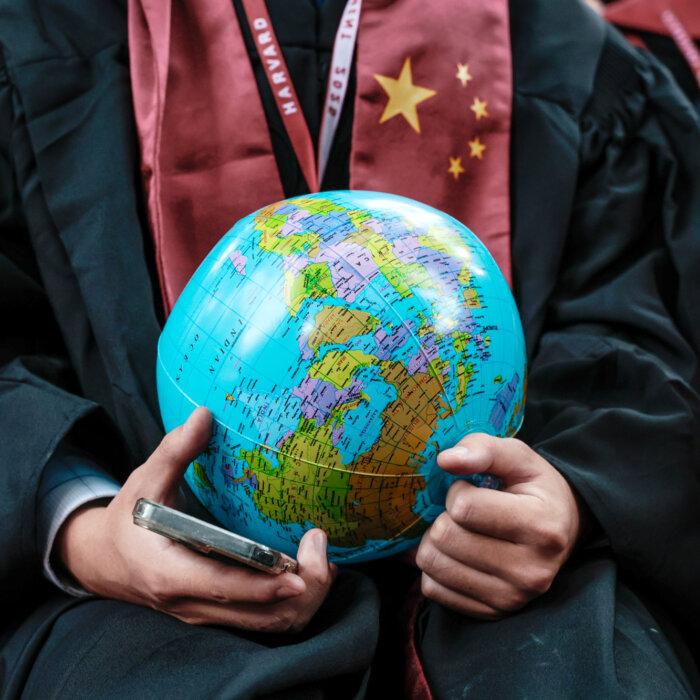A Swedish government commission has recommended halting all international adoptions after an investigation found that decades of illegal adoptions amounted to child trafficking involving state authorities and adoption agencies.
At a news conference in Stockholm, Swedish Social Services Minister Camilla Waltersson Gronvall told the Swedish language Epoch Times on June 2: “[There are] appalling cases of deficient background information, and even children simply being stolen from their parents.
“There has been an unreasonable level of trust in the governments of the countries of origin for the children adopted to Sweden.”
Amid growing concerns that adopted children may have been taken from their biological parents illegally, the commission found confirmed cases of child trafficking spanning every decade from the 1970s to the 2000s.
Head of the inquiry Anna Singer, professor of civil law, told The Epoch Times that this practice is “winding down by itself.”
“Last year, 54 children were adopted to Sweden [from abroad]. ... Many countries have ceased putting children up for intercountry adoption,” she said.
China in the Spotlight
The final two-volume report released on June 2, the result of a probe that started in 2021, states that Swedish adoption organizations “have taken great risks by operating in China, which has been a closed country with very limited opportunities for transparency throughout the period.”It states that all children adopted from China were described as abandoned and lacked any background history, making it difficult, or impossible, to assess whether the adoptions were in the children’s best interests.
“Chinese authorities have confirmed that four adoptions to Sweden were linked to the systematic child trafficking in Hunan [Province] that was exposed in 2005,“ the report reads. ”However, it cannot be ruled out that more Swedish adoptions are affected by the child trafficking in China.”
Financial incentives were created, as orphanages in China were compensated with $3,000 to $5,000 per child placed for international adoption. The Swedish supervisory authority found that the orphanages were dependent on these fees.
In total, almost 4,300 adoptions from China have been carried out to date, making China the fourth-largest country of origin for adoptions to Sweden in terms of total numbers.
Most adoptions occurred during the period 2000 to 2010, when more than 3,200 children were adopted from China to Sweden.
China is one of the few countries that approved adoption of young children to single adoptive parents.
In many cases, signed documentation from biological parents was missing, even when those parents were known. Files also often lacked critical details needed for adoptees to understand their origins.
“Ultimately, it is the Swedish State that has failed to protect the rights of children in intercountry adoption activities,“ the report reads. ”This means that the State must take responsibility for what has happened and take measures to ensure that it does not happen again.”
It recommends an official apology to adopted people and their families as well as financial aid to help those who have been adopted to travel to their country of origin.
The Netherlands said in December 2024 that it would phase out international adoptions over the next six years, after an official 2021 report found that children had been stolen or bought from their birth parents in cases going back to the 1960s.
Switzerland said in January that it also plans to end international adoptions, amid similar concerns of abuse.







